Worm Farms, Composting & Bokashi Bins
Did you know that 7.3 million tonnes of food is wasted every year in Australia, and on average about half of the household general refuse bin is food waste1?
Food waste also generates significant amounts of greenhouse gas. In fact, according to the Commonwealth Department of Agriculture and Environment, “If food waste was a country, it would be the third largest greenhouse gas emitter, behind the USA and China.”2
We can all easily reduce the amount of food waste we send to landfill using one or more of the below three options. Each option also has benefits for your garden.
Worm Farms
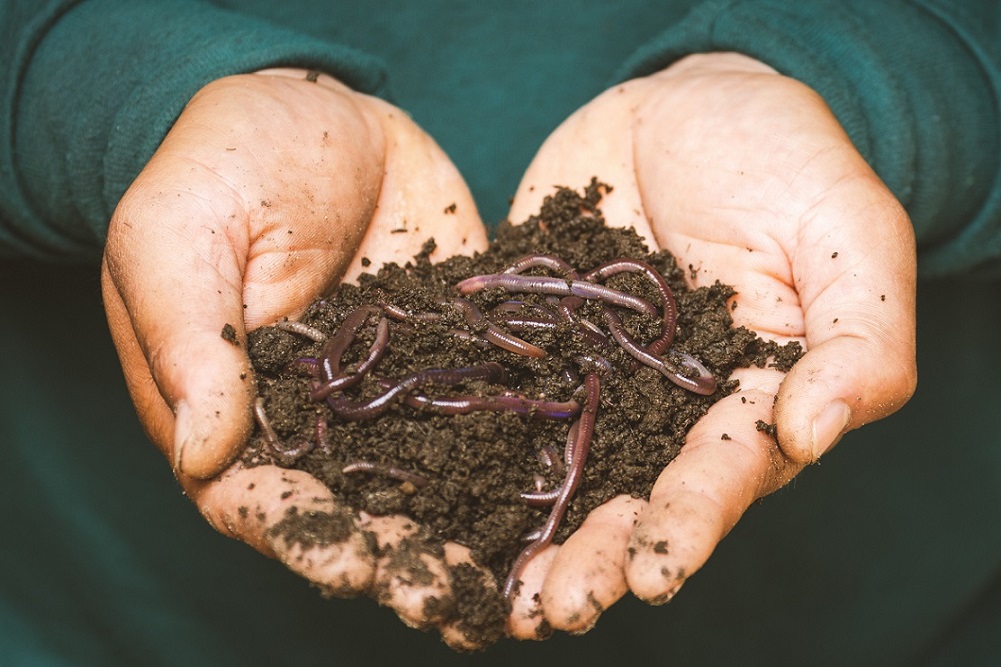
Worm farms are a simple way to turn kitchen scraps into fantastic natural liquid fertiliser (worm tea) and rich organic fertiliser (worm castings) for your garden.
You can pick up a worm farm and a box of 1,000 worms from hardware stores for under $140 and they can be kept in even a small backyard. Many worm farms on the market include worm bedding and have a tap at the base so that you can easily collect the nutrient rich worm tea. Simply dilute this with water for an instant natural liquid fertiliser that will help your plants flourish.
Worm farms need shade from the afternoon sun, but morning sun is okay. Worms like a damp environment that is not subject to severe extremes in temperature. They also like a damp worm “blanket” over the top of them, just underneath the lid of the farm. An old blanket, old hessian sack or an old towel will all do the job.
However, keep in mind that you can’t put everything in your worm farm as worms don’t like meat, fish, bones, dairy, citrus and onion scraps. To keep the worm farm environment from becoming too acidic, you will also sometimes need to add some crushed eggshells or some ash from the hearth of a fire. Or you can buy worm farm conditioner from hardware stores.
The advantages of worm farms are many. They can process most kitchen waste (including egg shells, coffee grounds and newspaper), they reward you with worm tea and worm castings very quickly, they can easily be left for a weekend or a week away, and they are a great way to get the kids involved in recycling.
Check out this great guide to worm farms.
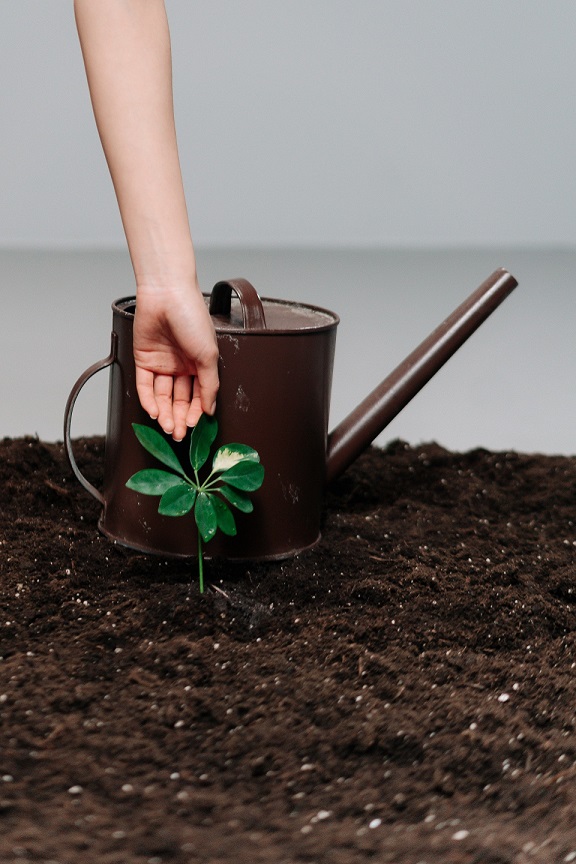
Composting
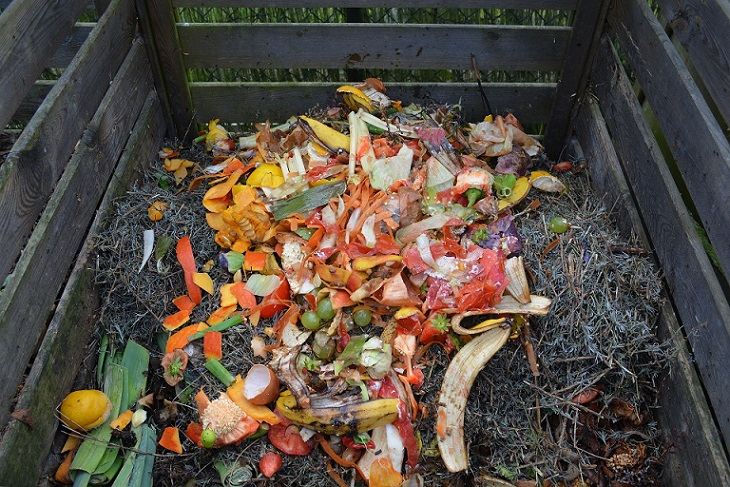
Composting is a great option if you have garden waste as well as kitchen scraps that you want to turn into beautiful rich humus or soil conditioner for your garden.
This is because compost needs a balance of dry or brown organic waste that is high in carbon (like leaves and newspaper) and wet or green organic waste that is high in nitrogen (like kitchen scraps and lawn clippings).3
To speed up the composting process you also need to aerate your compost or turn it over. If you don’t like doing this manually with a garden fork, you can buy a compost tumbler from most hardware stores that will make the process easier.
Compost results in a rich dark coloured humus or soil conditioner that provides nutrients as well as healthy microscopic organisms to your soil and helps your soil retain moisture too.
Like worm farms, it is best not to compost fish, bones and meat scraps unless you have a composter that is especially made to process these types of organic waste. You also need to be patient initially as the composting process takes 4 – 6 months.
If you have lots of organic waste, it can work well to also keep a worm farm or some backyard chooks.
Check out this great guide to composting.
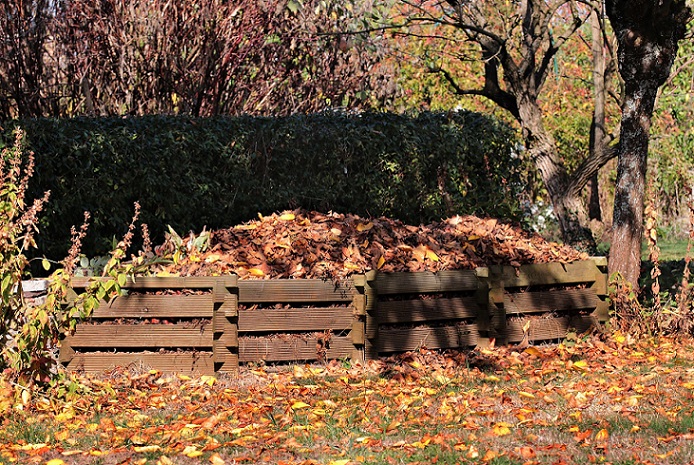
Bokashi Bins
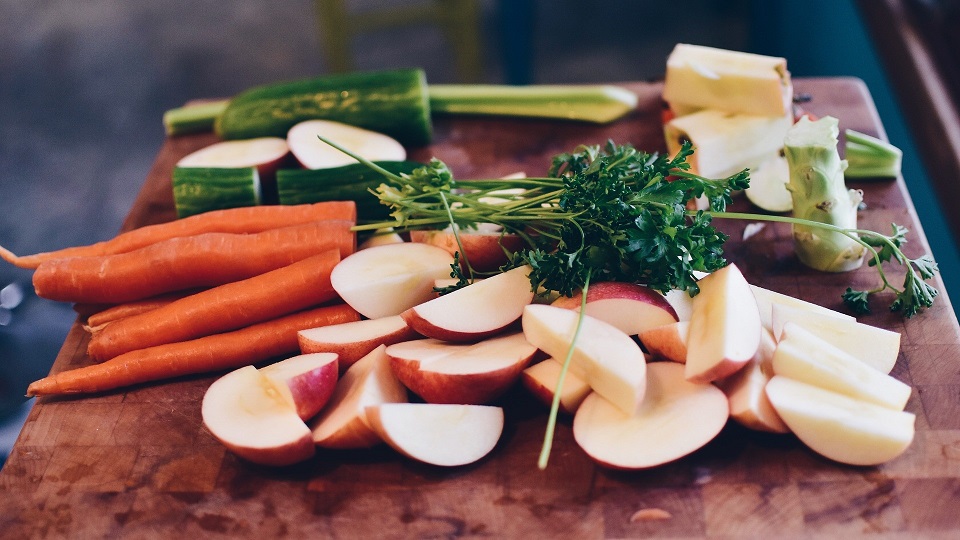
Unlike the above two options, Bokashi bins can handle any scraps that came from a living organism, including raw and cooked meat, dairy, eggs, paper towels, onions and fruit scraps.
Bokashi bins are also small and compact and can even be positioned inside the kitchen.
Bokashi juice is produced by the bin, which you can dilute with water and use as a liquid fertiliser in the garden. Or you can pour this liquid down your household drains to provide good bacteria and reduce foul odours.
The kitchen scraps also break down into a nutrient rich compost over a two week fermentation period. At the end of the two week period, you do however need to dig a 20-25 cm deep hole in your garden to bury the Bokashi waste in.
Bokashi bins also require the purchase of a microbial powder or a microbial spray that is added to the bin to ferment the waste.
See the Bokashi website for more information.
1 Clean Up Australia Food Waste article, https://www.cleanup.org.au/foodwaste.
2 https://www.environment.gov.au/protection/waste/food-waste Commonwealth Department of Agriculture and the Environment.
3 Western Metropolitan Regional Council How to Compost article https://www.wmrc.wa.gov.au/wp-content/uploads/2019/02/Factsheet-How-to-Compost-2019.pdf.